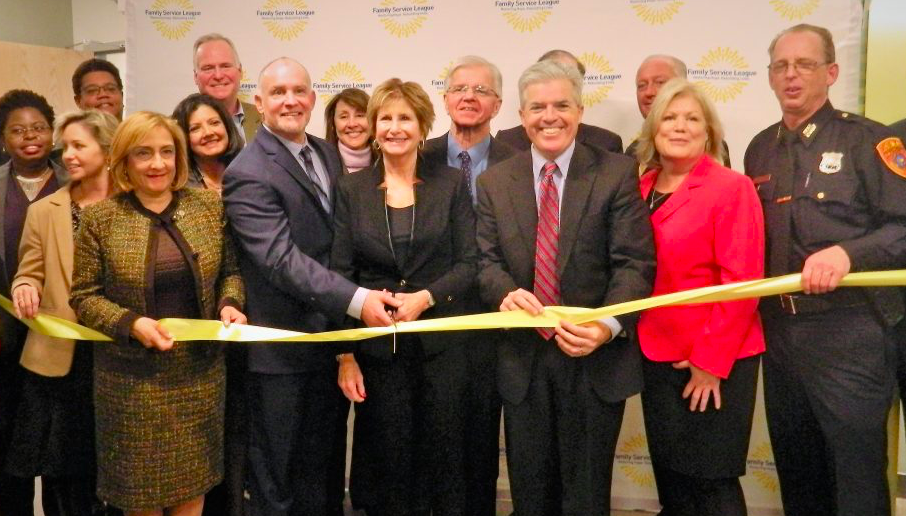Editorial: A new way to combat addiction, mental illness

As America continues to struggle with the opioid epidemic, Suffolk County has taken a major step forward in trying to cope with the crisis more effectively — and closer to home.
On Monday, a ribbon-cutting ceremony was held in Hauppauge for the opening of a unique crisis center for individuals and their families struggling with opioid and mental health issues.
The Diagnostic Assessment Stabilization Hub, or DASH, is operated by the Family Service League of Suffolk County and will be open 24 hours a day, 365 days a year. The $4 million, 7,000-square-foot facility was paid for with local, state and federal funds and its staff will also work with police and other first responders who encounter addiction and mental health issues that require immediate attention.
In a statement, Suffolk County Executive Steve Bellone said, “This first-of-its-kind hub serves as a model for how to ensure families are afforded the mental health and substance abuse services they need to get well.”
Ann Marie Csorny, director of the Division of Community Mental Hygiene in the Suffolk County Department of Health Services, said DASH has the ability to respond with mobile units that can be quickly dispatched to, say, a school or a home.
“Family members or police would not have to diagnose someone but can get help” through the 24-hour hotline, she said, adding that the mobile response units will be able to travel anywhere in the county where assistance is needed. “We will have teams on throughout the day, and we can work with the county police department, the sheriff’s, and we can be available to town and village police.
“This is definitely an expansion of our efforts and is much more coordinated,” Ms. Csorny added. “Some people will still need to get to an ER, but others can get assistance through the center and a clinician can come out to engage that person.”
Inside the center, at the industrial park on Adams Avenue, is a separate family room, which will offer services for individuals and their families. There is an observation area, and a living room as well. “I think there is one like this in Dutchess County, and maybe a few others upstate, but this is the first one in our area,” Ms. Csorny said.
In recent weeks, the Bellone administration has announced a training program for first responders who may be affected by repeated exposure to drug crises — a reaction often referred to as “compassion fatigue.” On the North Fork, police and others have sometimes responded to an overdose, only to discover they have treated the same person multiple times before.
In the Suffolk police department, a group of 30 officers recently took part in a training program to help officers who encounter individuals suffering from mental illness. “The skills that are developed will better assist those dealing with a mental health emergency and enhance public safety,” Mr. Bellone said.
The new DASH center in Hauppauge is a huge boost in the region’s ongoing effort to deal with the opioid crisis.
Photo caption: Suffolk County Executive Steve Bellone cuts the ribbon on the new center. (Credit: Family Service League)









